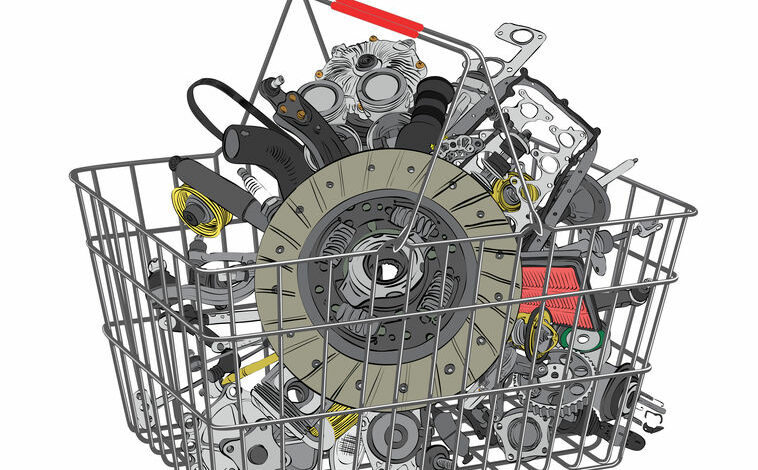Finding high quality replacement parts
To save money on maintenance, many motorists opt for non-original equipment manufacturers parts. However, this practice is not without risks.

Replacing parts can be expensive, despite the progress made since the implementation of the Guidelines for Competition in the South African Automotive Aftermarket, also referred to as “the Guidelines”.
The intention of the Guidelines was to create a fairer trading environment.
According to Kate Elliott, CEO of Right to Repair, one area of confusion is the term “non-original spare parts” used in the Guidelines. These parts generally come with a more competitive price tag but are often misunderstood. The Guidelines define non-original spare parts as “spare parts that carry a warranty from its manufacturer and are legitimate and traceable for sale in the aftermarket, but are not original spare parts. Non-original spare parts do not include counterfeit spare parts”.

Elliott explains that while the definition itself is not a problem, the term “non-original spare parts” on its own has acquired a negative connotation and is perceived as unsafe or unreliable. Right to Repair South Africa aims to eliminate this confusion and help consumers understand which parts they should and should not use.”
“While there are certainly subpar parts in the market, not all “non-original” spare parts should be judged equally. There are many options in between that are perfectly safe, reliable, and come with a lower price tag,” Elliot states.
Original parts are made by, or for, the original equipment manufacturers (OEMs), typically vehicle manufacturers. However, the definition of OEM parts could be extended to include the aftermarket component parts manufacturers as well. These manufacturers create, brand and sell parts in the market either under the OEM brand or as aftermarket house brands. Elliot refers to the latter as “matching quality parts” or “non-original parts”.

To limit confusion, Elliot suggests using the term “matching quality spare parts” instead of “non-original spare parts” when referring to parts which that are permitted to be used as alternatives to original parts, according to the Guidelines. Matching quality spare parts are traceable, of matching quality and carry a warranty of their own. “This clearly excludes any “grey, counterfeit or illegally sourced” parts which place everyone at risk. It does, however, make way for consumers to source more competitively priced matching quality spare parts.”
Right to Repair offers the following advice:
- Consider non-original spare parts as is it offers a range of quality, affordable options. Just ensure that when choosing a “non-original spare part,” it is a matching quality spare part”.
- Never allow the fitment of grey market, counterfeit, or illegally gained parts in your vehicle.
To find out more visit the website: www.right2repair.org.za
Source: Cathy Findley PR




